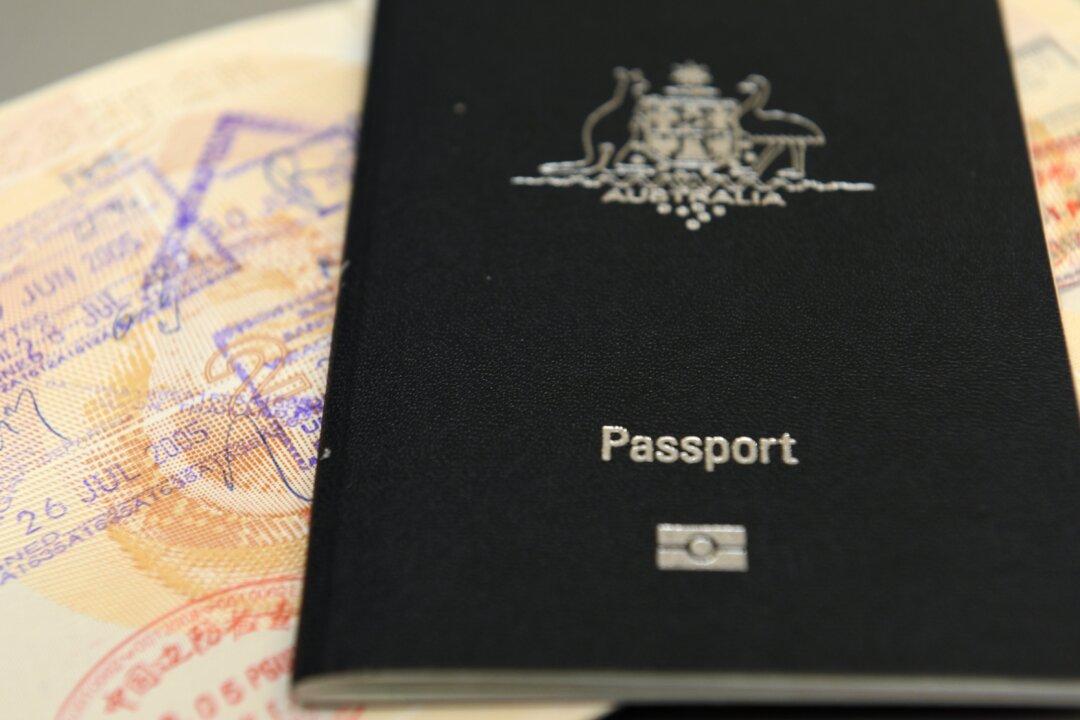Overseas travel just got more expensive, and it has nothing to do with the cost of flights or hotels.
The Mid-Year Economic and Fiscal Outlook (MYEFO) included the announcement that the price of a new passport will henceforth be indexed annually to increases in the consumer price index, and that a 15 percent increase to passport application fees will apply from July 1, 2024.





